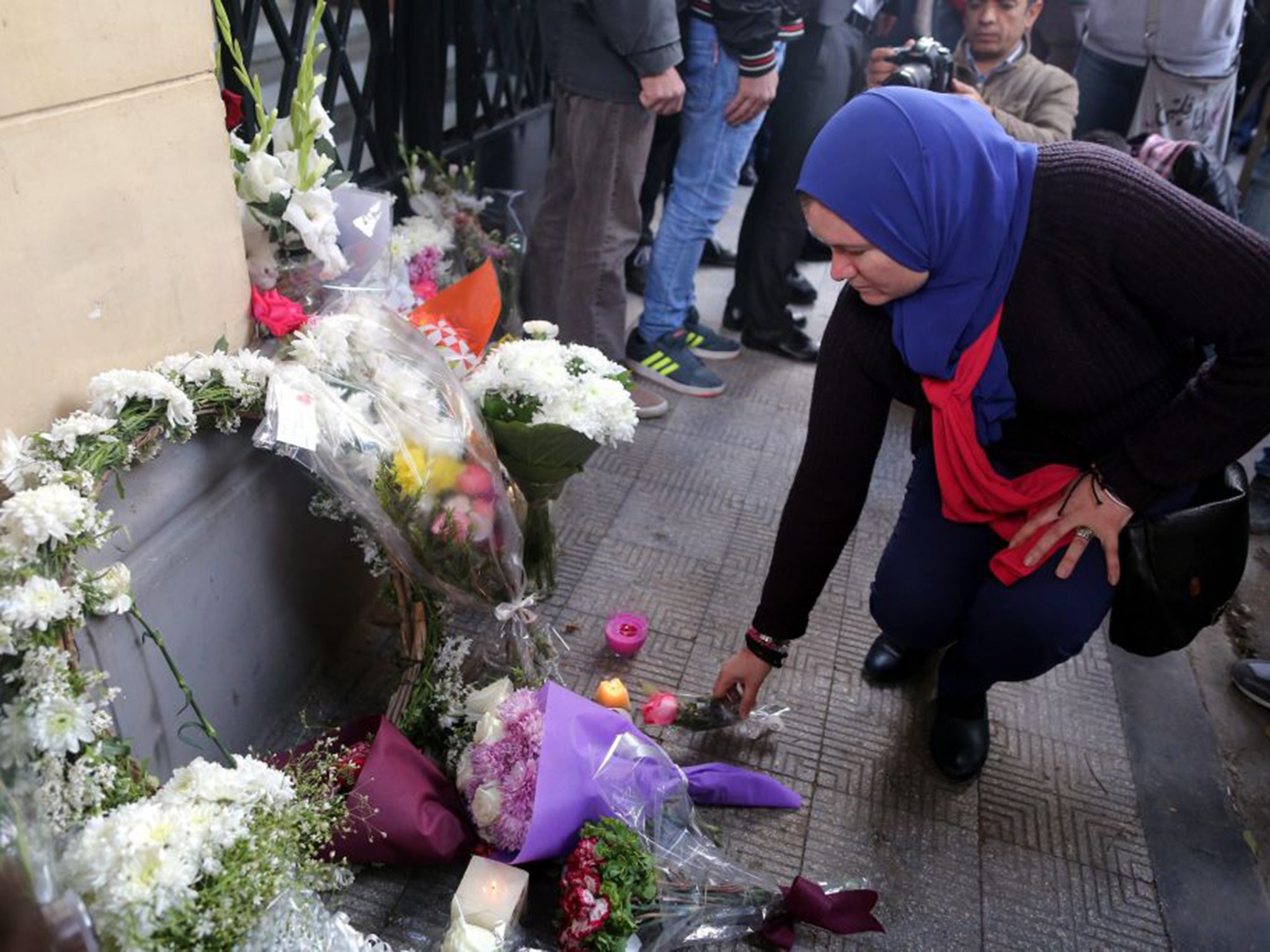Giulio Regeni: ‘No doubt’ that student was tortured and killed in Cairo, Italian investigators say
Though the circumstances surrounding Mr Regeni’s death remain unclear

Your support helps us to tell the story
From reproductive rights to climate change to Big Tech, The Independent is on the ground when the story is developing. Whether it's investigating the financials of Elon Musk's pro-Trump PAC or producing our latest documentary, 'The A Word', which shines a light on the American women fighting for reproductive rights, we know how important it is to parse out the facts from the messaging.
At such a critical moment in US history, we need reporters on the ground. Your donation allows us to keep sending journalists to speak to both sides of the story.
The Independent is trusted by Americans across the entire political spectrum. And unlike many other quality news outlets, we choose not to lock Americans out of our reporting and analysis with paywalls. We believe quality journalism should be available to everyone, paid for by those who can afford it.
Your support makes all the difference.The body of an Italian student found in a Cairo suburb – which officials have said shows signs of torture – was flown back to Italy as dozens gathered in Egypt to mourn his death.
Italian authorities carried out a second autopsy on the body of 28-year-old Cambridge University PhD student Giulio Regeni after it arrived in Rome, following one in Egypt. At the same time in the Egyptian capital, a group of friends and activists laid flowers and lit candles outside of the Italian embassy.
The circumstances surrounding Mr Regeni’s death remain unclear. He vanished on 25 January, the anniversary of Egypt’s 2011 uprising. His body was found close to the Cairo-Alexandria road on 3 February with multiple stab wounds, cigarette burns and other signs of torture, Egyptian officials said.
Italian Justice Minister Andrea Orlando said that the Italian government had told Cairo it wanted the “truth and complete clarity” to emerge as soon as possible and “that justice be done”.
After viewing the body, Maurizio Massari, Italy’s ambassador in Cairo, said: “I took note of the wounds, bruises and burn marks. There is no doubt the young man was heavily beaten and tortured.”

Italy sent a police and forensics team to Egypt to assist the investigation. Foreign Minister Paolo Gentiloni said that the Italian team was “beginning to work with the Egyptian authorities”, but there were early signs of confusion. Mr Gentiloni told reporters that preliminary arrests had already been made but this was later denied by Alaa Azmi, the deputy head of criminal investigations in Cairo’s twin province of Giza.
Mr Regeni had been in Egypt since September, conducting research on workers and labour rights. He wrote several articles under a pseudonym about Egyptian trade unions for the left-wing Italian newspaper Il Manifesto. The newspaper said Mr Regeni had published under a false name because “he feared for his safety”.
His last article, published after his death and run under his own name, detailed difficulties facing independent unions, including the Centre for Trade Union and Workers Services.
Simone Pieranni, Mr Regeni’s editor at Il Manifesto, said: “For now, we don’t know if his disappearance and death is connected to sources for his academic research or his articles.”
Join our commenting forum
Join thought-provoking conversations, follow other Independent readers and see their replies
Comments